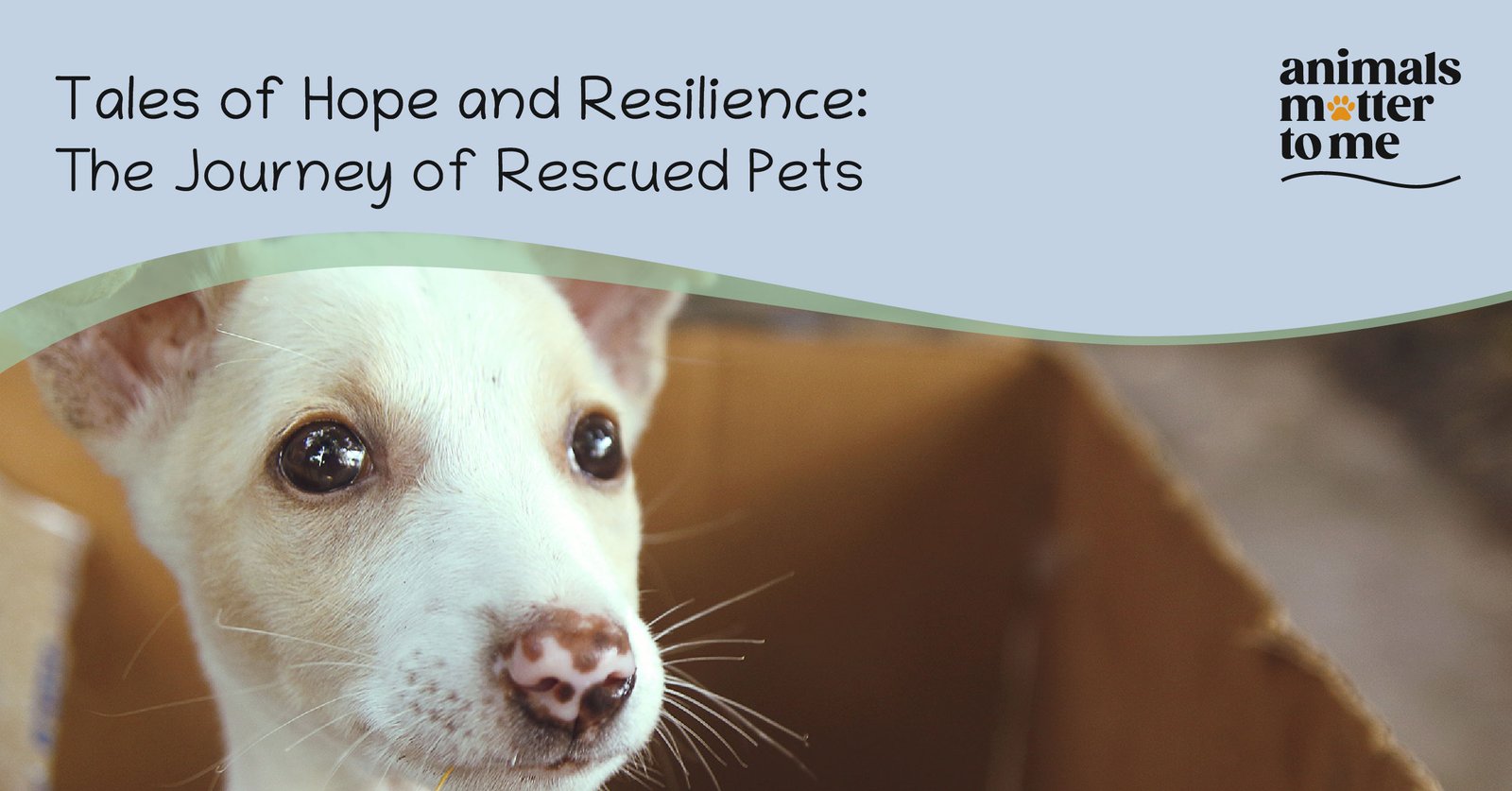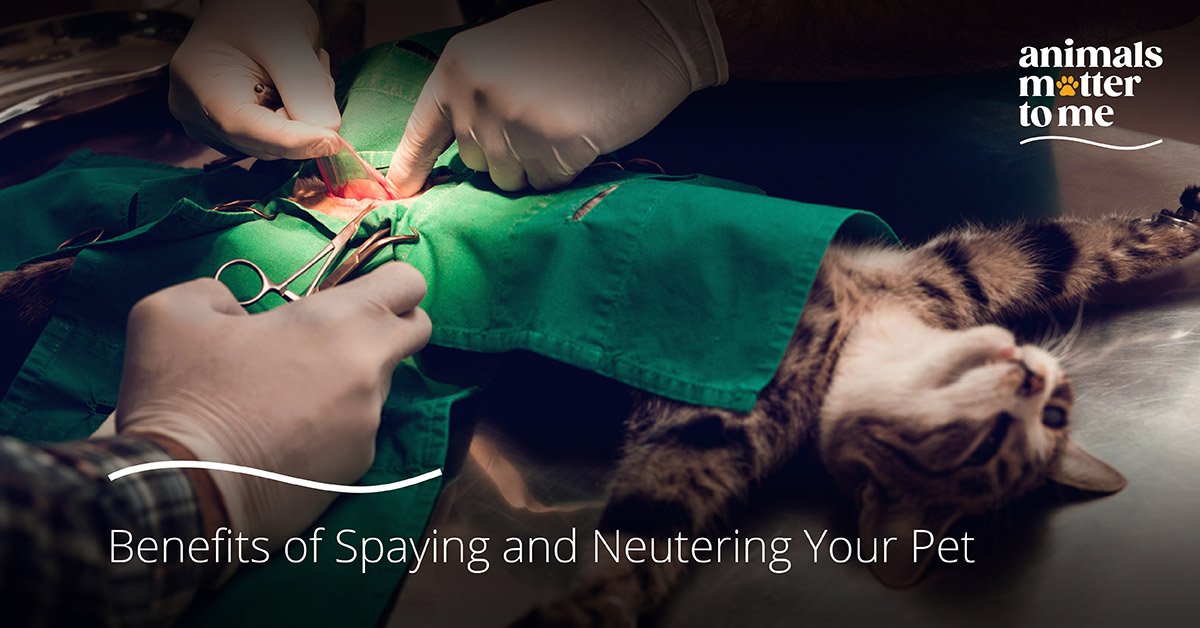It’s a well-known fact that rescued animals often experience trauma due to the difficult or abusive circumstances they endured before getting rescued. Trauma in rescued pets can manifest in various ways, and each animal’s response to their past experiences may differ. Here are some common signs and effects of trauma in rescued pets:
Fear and Anxiety: Rescued pets may exhibit fear and anxiety, especially when encountering new environments, people, or other animals. They might cower, hide, tremble, or exhibit avoidance.
Aggression: Some rescued pets may display aggression as a defense mechanism due to past experiences. They may lash out or become reactive when feeling threatened or cornered.
Withdrawal: Traumatised pets might withdraw from social interactions or refuse affection. They may appear distant and disengaged from their environment and the people around them.
Hypervigilance: Trauma can lead to heightened vigilance, where the pet is constantly on edge, stays alert, and gets startled easily. They may struggle to relax and have difficulty sleeping.
House Soiling: Traumatised pets might have trouble adjusting to their new living conditions, leading to house soiling or other behavioural problems.
Trust Issues: Rescued pets may struggle to trust humans again, especially if they have experienced abuse or neglect in the past. Building trust can take time and patience.
Separation Anxiety: Some rescued pets may develop separation anxiety due to the fear of being abandoned or left alone again.
Health Issues: Trauma can also have physical effects on rescued pets. Stress and neglect may have resulted in medical conditions that require attention and care.
Now, having discussed the problem, let’s consider the solutions as well. Helping a rescued pet overcome trauma requires understanding, patience, and professional guidance. Here are some strategies that can be adopted to support a traumatised pet:
Offer them a safe environment: Create a calm and secure space where they can feel safe and comfortable.
Be patient: Avoid forcing interactions or overwhelming your pet. Allow them to approach you at their own pace.
Positive reinforcement: Use positive reinforcement training techniques to build trust and encourage positive behaviours.
Consult a professional: Seek assistance of a veterinarian or animal behaviourist, who is experienced in working with traumatised animals.
Consistency: Establish conducive routines and create a predictable environment to help them feel secure.
Socialisation: Gradually expose them to new experiences and people in a controlled and positive manner.
Time and Love: Healing from trauma takes time. Shower them with love, understanding, and patience as they gradually heal and learn to trust again.
Remember, every rescued pet is unique, and their journey to recovery will differ. With the right care and support, many rescued pets can go on to lead fulfilling lives as cherished companions.




